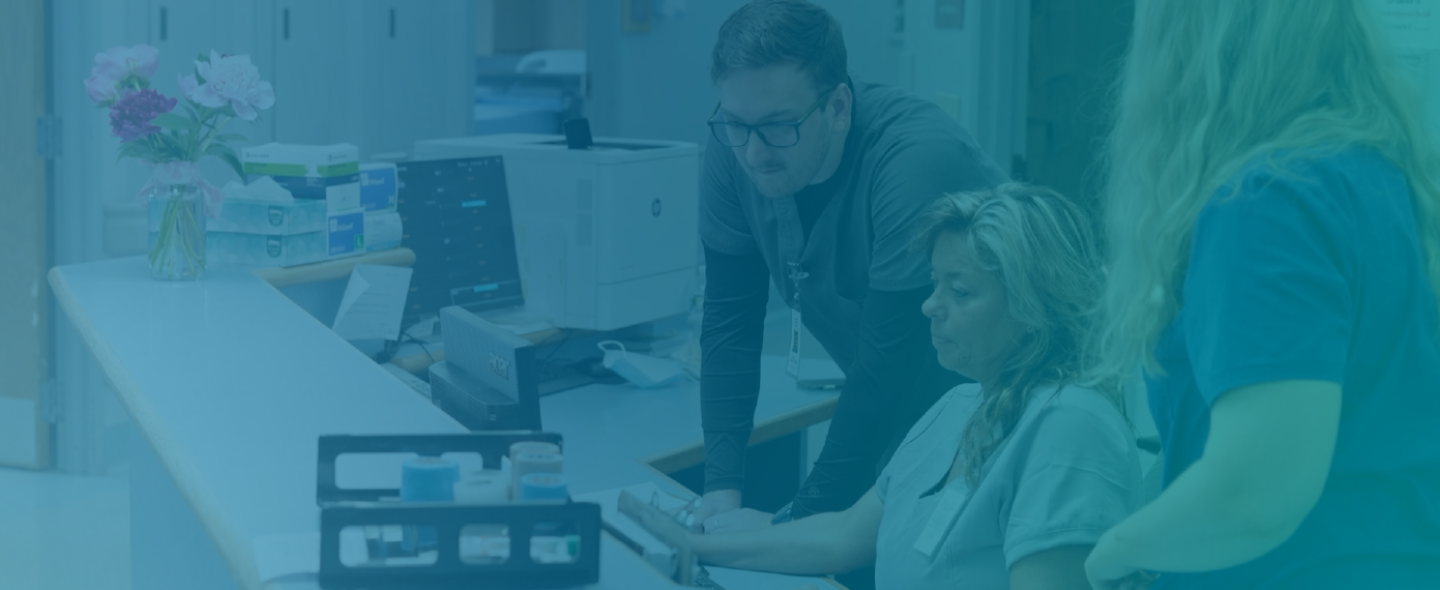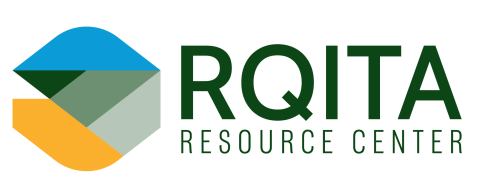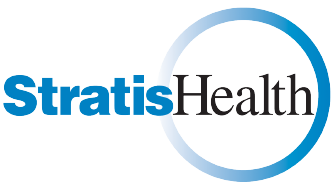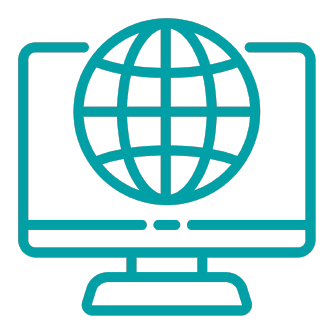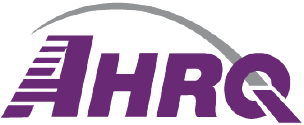This list includes quality improvement resources that can be used across a variety of project topic areas.
Resources
In this workbook you will find valuable resources to support your team’s quality improvement efforts, including an interactive timeline to follow, quality improvement goal statement template and ways to track progress during your organization’s quality improvement journey.
RQITA Monthly is a monthly e-newsletter that provides state Flex Programs and CAHs with information and support for quality reporting and improvement and highlights current information about MBQIP outpatient. Previous months of MBQIP Monthly are also available here.
This series of bite-sized learning videos help strengthen skills for healthcare quality improvement professionals. Gain valuable insights, learn practical tools and discover best practices to drive continuous improvement. Whether you’re new to quality improvement or looking to sharpen your expertise, these bite-sized videos fit into your busy schedule. Watch all 10 videos.
Access tools and resources for implementing the Plan-Do-Study-Act (PDSA) cycle. Discover templates, diagrams, and guides to facilitating improvement initiatives.
This resource is specifically focused on the current core measures of MBQIP and provides suggested promising strategies for quality improvement for each.
This guide from the Agency for Healthcare Research and Quality (AHRQ) contains four strategies to help hospitals work as partners with patients and families to improve quality and safety. Included is an implementation handbook and tools for patients, families, and clinicians for each strategy.
TeamSTEPPS is an evidence-based program aimed at optimizing performance among teams of health care professionals, enabling them to respond quickly and effectively to whatever situations arise. This curriculum was developed by a panel of experts, incorporating more than 25 years of scientific research that has been conducted on teams and team performance. The following are among the several versions of TeamSTEPPS available on the TeamSTEPPS website.
This guide tells patients what they can do to get safer care and addresses medicines, hospital stays, surgery, medical tests, and more.
